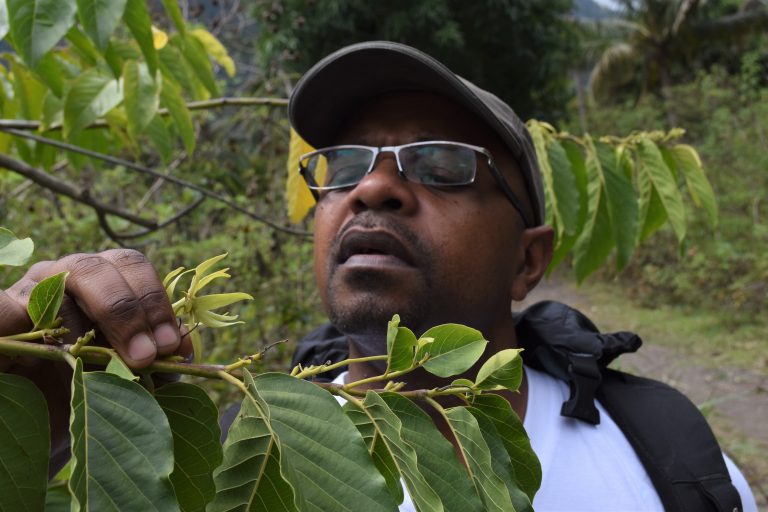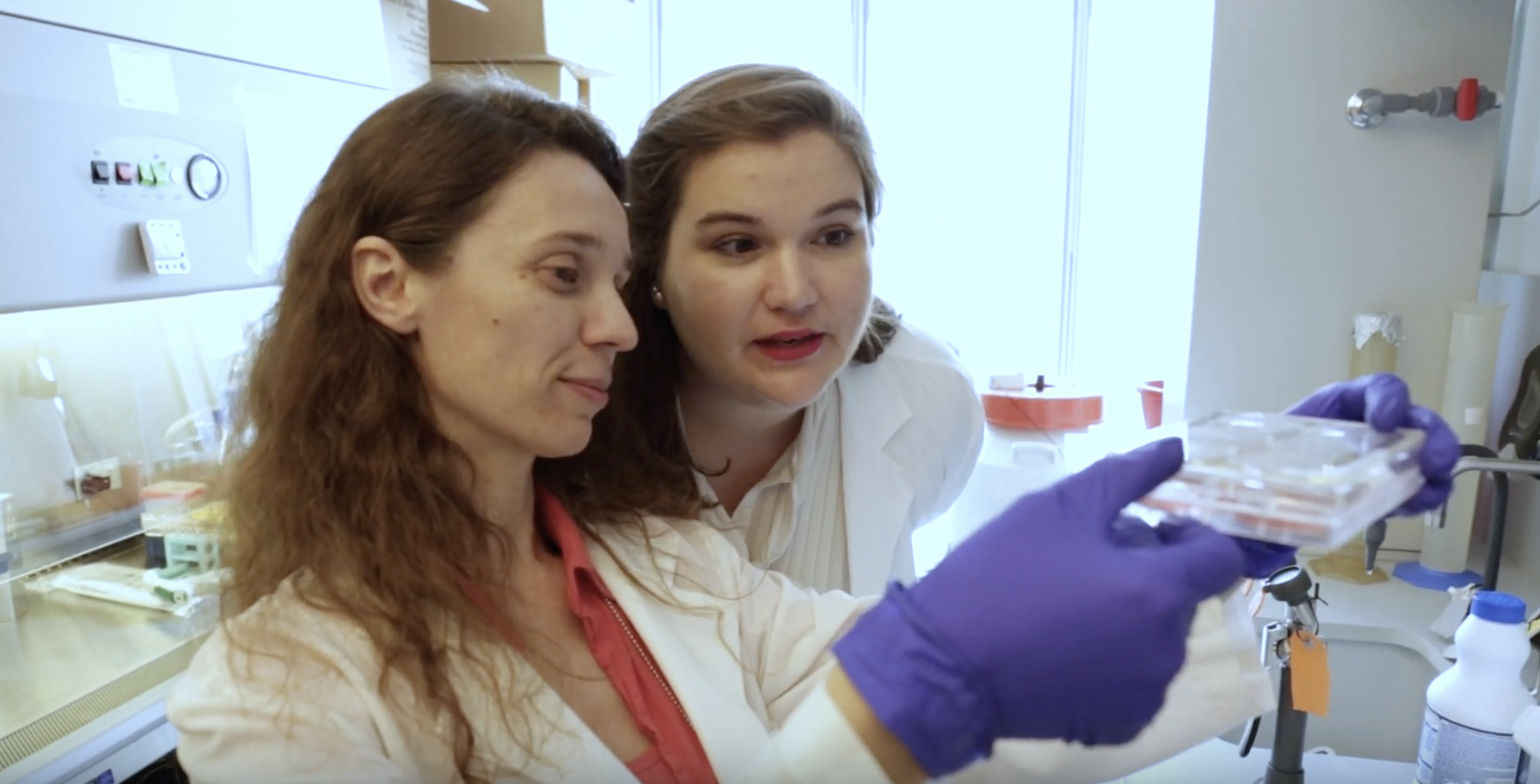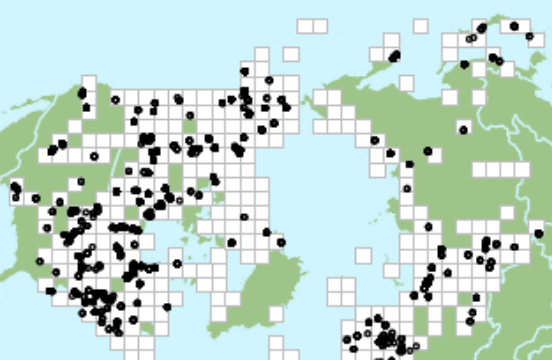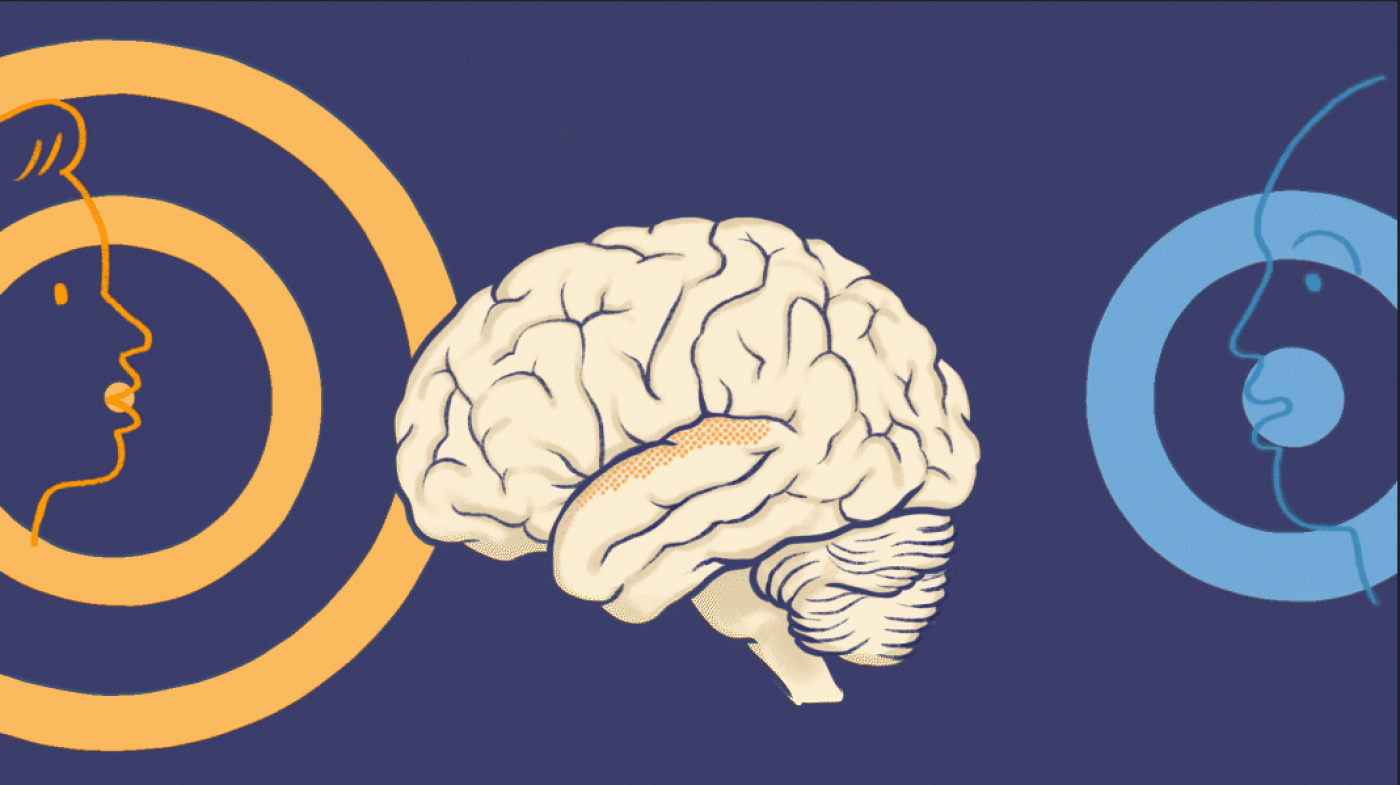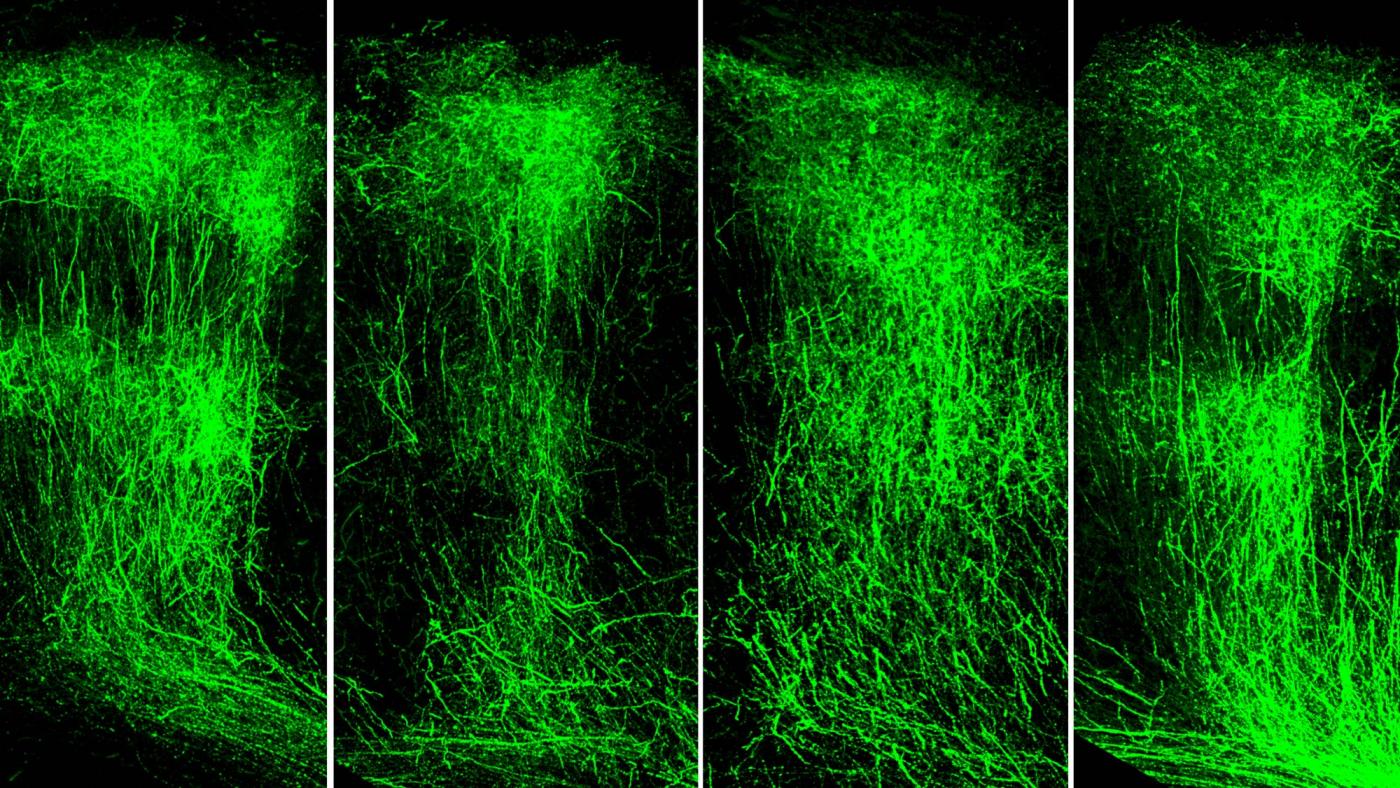06
November
Columbia researchers are taking a closer look at this state that leaves people craving relief—and how it affects decision-making, relationships and behavior.
Read More
04
November
A new study co-authored by Columbia University researchers challenges many climate scientists’ expectations that plants will make much of the world wetter in the future.
Read More
31
October
Mentored by Columbia Nobel laureate Eric Kandel, two young scientists team up and discover they have a lot in common. Both want to know how the brain creates memories.
Read More
21
October
Northern peatlands may hold twice as much carbon as previously suspected. The findings suggest these areas play a more important role in climate change and the carbon cycle than they’re typically given credit for.
Read More
21
October
The Columbia-led study offers new insight into the organization of the brain’s listening center and provides a roadmap for the development of hearing-aid technologies inspired by the brain.
Read More
14
October
Using drones, laser scanners, and high-resolution models, researchers hope to find out more about the processes driving rapid melting in this region.
Read More
09
October
These findings hold immense promise and reveal a potential new strategy for treating the more than 21 million people worldwide already diagnosed with schizophrenia.
Read More


